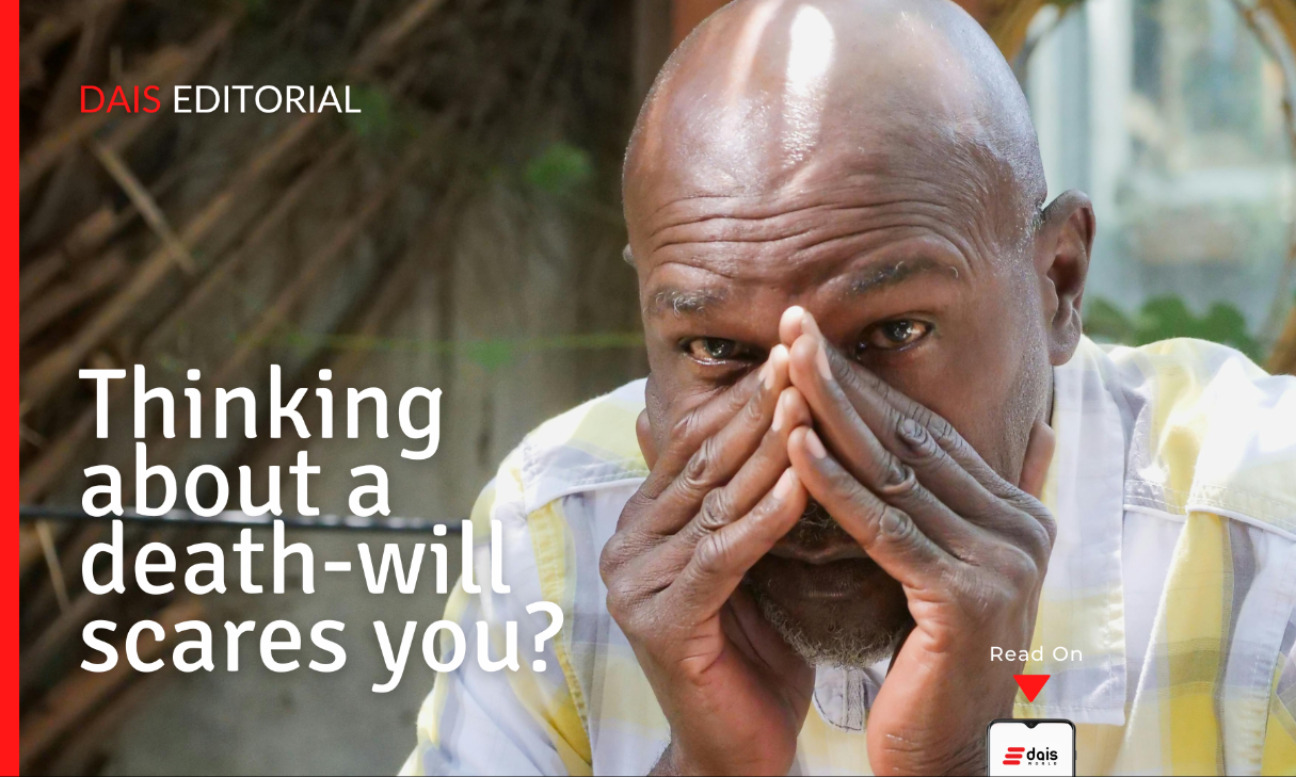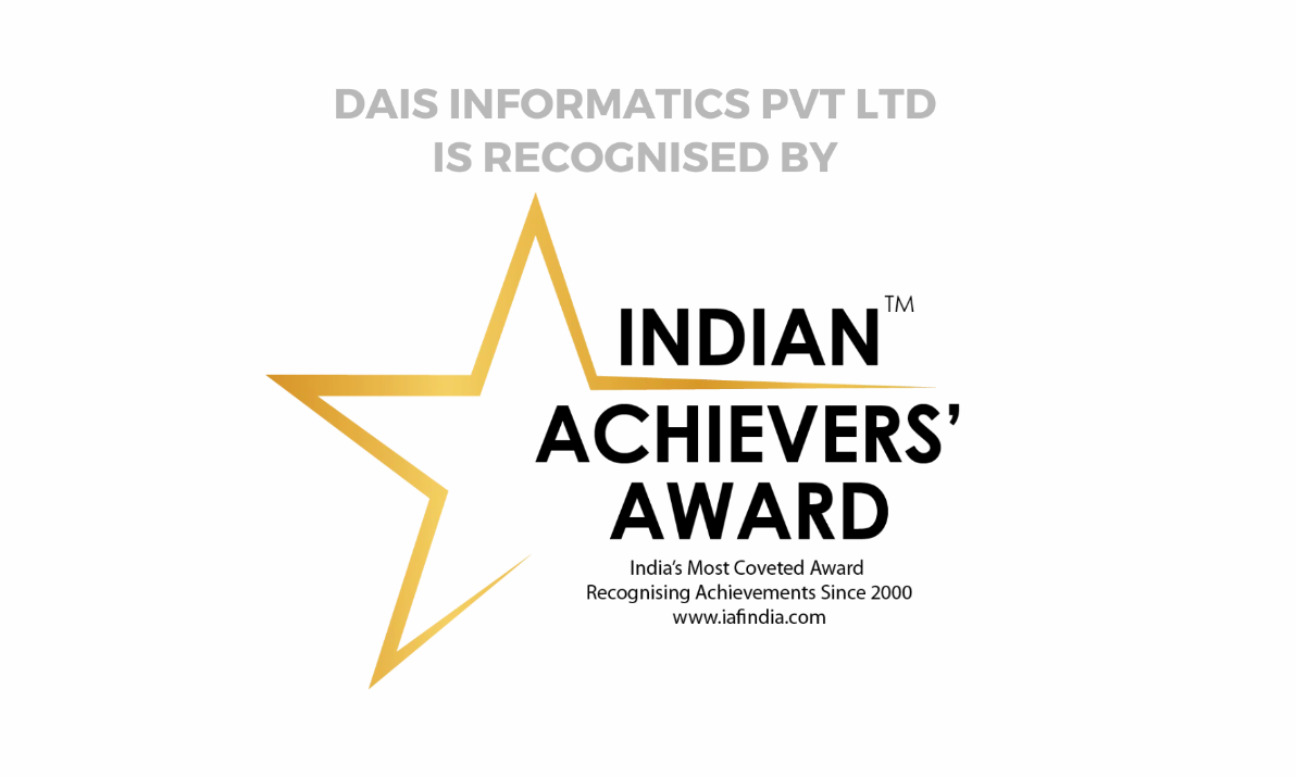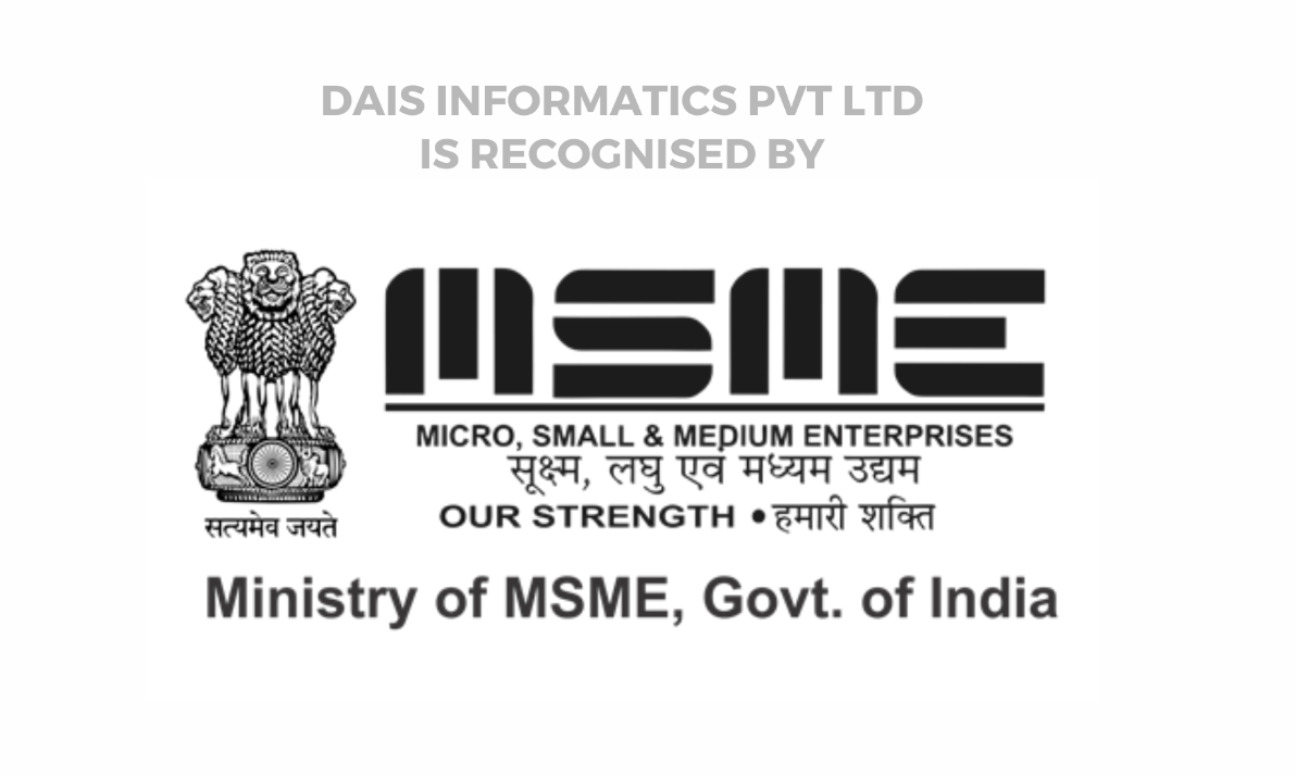Editorial > Thinking about a death-will scares you?
Thinking about a death-will scares you?

Dais Feature | 09/08/2021 06:00 PM
Death – a topic which we mostly try to avoid, stay indifferent, in spite of being one of the two absolute truths of mankind. And yet, it is considered to be such a morbid word. Unpleasant to think of, sometimes even rousing superstition just by the mere mention of it.
Death is perceived to be an end to life - a life that was functional and purposeful up until the point it was ended abruptly. For some of us though, the end may not be as abrupt. It may come after years of leading a fulfilling family and work life. While for the others, it is often a sudden switch turning off. Some would say, the suddenness is avoidable with better self-care and a controlled lifestyle. With Covid, however, a lot of our confidence around the ability to anticipate and time death has been shaken up.
Not that we weren’t aware of ill-timed expirations. But this disease has just made it more obvious.
A close cousin with whom we were partying over the last weekend, could be admitted to the hospital this week. He could start sinking by the upcoming weekend because his lungs failed to recover, and by next Sunday evening – he could be gone. Leaving his loved ones, friends, co-workers and neighbours in shock at the unexpected turn of events. This may have sounded unusual, until two years ago – but for a lot of us, this was the new second-wave reality of Covid.
Reasons aside, there are often 2-3 people for whom life just takes a whole 360-degree flip when something like this happens. So much so that, they almost feel sorry about being left alive.
The wife, who probably was not the primary breadwinner of the family, doesn’t know where to look.
The children, for whom this event has just preceded an important exam, don’t understand whether to mourn now or later.
And the parents, for whom their son was not only a dear life but also necessary life support, are secretly wondering who will take care of their expenses now.
Who takes the blame in such a situation?
Sadly, the cousin who just passed away! Because all of us believe he should have had the vision to pre-empt his death and leave proper paperwork behind. So that, if something like this were to happen - his family’s life doesn’t end with him.
Cruel, right? Of course! But like it or not - The cousin in the story could very well be YOU.

Wealth Managers and Estate Planning experts face a lot of dilemma when they gently bring up this topic to their clients. Some shoo them away for even mentioning the word (Shhhhhh….), while some are happy to learn the concept of a will and its relevance to them. Most people are intrigued by the did-you-knows that these experts feed them with, to somehow push them to get the exercise done – but very few actually act to make it happen till they lose someone very dear to them or are themselves lying sick in a hospital.
Harsha Vardhana VM, Founder of Atom Privé Wealth Management- our Wealth Management Partner- addresses one of the most underrated areas of financial planning in this print-it-for-posterity feature – The writing of a Will!
Some Not-So-Fun Facts before we move forward. . . 
1. If you die intestate your assets are distributed based on your religion
In the absence of a will, the entire estate is distributed based on succession acts. For instance, if a husband and wife jointly own a property, after the husband’s death, the wife does not automatically become the sole owner in the absence of a will. Community-specific laws will define the way that the estate is distributed.
The Hindu Succession Act applies to Hindus, Sikhs, Buddhists and Jains in India. Christians are governed by the Indian Succession Act and Muslims have to abide by the Sharia Laws.
2. Nominations are not enough – everything can be challenged except for a registered will
Most of us fill in the nomination column very religiously in our investment forms – such is the diligence that we even give the banker an earful if the nominee’s name is misspelt. And that is seemingly us doing our job to secure our family’s future. But is it?
A nominee is not the automatic owner - only a custodian of the asset. Till the courts decide who the legal heir or rightful owner is and in what share, the nominee only takes care of the property, pays the bills, ensures the upkeep, and follows up for the paperwork. An immediate takeover of the assets by the nominee can be challenged by anyone holding a piece of paper that says differently.
Further, in the absence of a nominee name mentioned, the legal heir(s) would need to furnish succession certificates, affidavits for each and every investment and to each and every entity with whom such investments / financial assets have been held. A will makes their life easier.
3. Writing some wishes on a piece of paper is not enough
Nothing is cast in stone, till it is.  A few scribblings on plain paper are good until they are challenged. Who is to say that you have written that document? Who is to say that no one forced you to write this document? Who is to say that you were mentally and physically capable of writing the document? Too many questions – 50 lakh cases pending in Indian courts! You don’t want to add to that list, do you?
A few scribblings on plain paper are good until they are challenged. Who is to say that you have written that document? Who is to say that no one forced you to write this document? Who is to say that you were mentally and physically capable of writing the document? Too many questions – 50 lakh cases pending in Indian courts! You don’t want to add to that list, do you?
Getting over the inertia is perhaps the only challenge to this activity – and it is a big challenge, trust us, we know. Getting a will drafted and registered often takes lawyers and estate planning experts years of coaxing and cajoling. Even the meeting with the interior designer to remodel the kitchen takes precedence over this activity.
4. Once made, the will can be changed
There are ways to legally alter or add to an existing will. Wills are so smartly and broadly drafted nowadays that each of your bank FDs or Mutual Fund folios don’t have to be enlisted in it. Broad stroke definitions of assets and inheritors are enough – unless you plan to marry frequently or have a kid every year. A will document drawn once may change only at the occurrence of a large event – like the death of a spouse or a child before you or like the sudden keenness to give more to a charitable cause rather than giving it all to your family. Wills are also recommended to be changed when you acquire a new property or when you sell an old one.
For smaller changes, there are codicils that function as addendums to the will and can be updated with the registrar as an attachment or extension to the will. A Codicil is an instrument made in relation to a Will, explaining, altering, or adding to its dispositions and is deemed to be a part of the will.
Now that we are here, a 13-step checklist is in order:
- List all your beneficiaries, including charitable causes. Write down the proportion against each asset that you want to give to each beneficiary. Look at the below example:

- If you wish to give your assets to a minor, it may be a good idea to appoint a custodian of the assets.
- Ensure that there is no mismatch in the name of the beneficiary and their proof of ID and PAN card. They will have an extra step to cover if there is a mismatch in their name in the will and their identification documents.
- Get your close confidantes to sign on the document as witnesses. They will know everything so they must be closer to you, than your family.
- Inform the inheritors where to locate the will if something were to happen to you. Let them not be left wondering where the locker key is if the will is placed in a locker.
- Update the will with significant changes. Register the changes with the registrar. If there are too many changes, make a fresh will that states that all previous wills are revoked and void.
- Unless a lawyer is drafting a will, use non-legal, non-technical words. Even where you involve a lawyer, ask them to make the will in as simple and as non-jargony a way as possible.
- Synchronize your nominations everywhere with the will.
- The nominations on your Employee Provident fund, Employee Stock Options and medical insurance accounts must be up to date, as per your wishes and synchronized accordingly in the will. This is often forgotten and then brings in ambiguity.
- Update the nominee in your car insurance policy. In the absence of nominee details, the car insurance policy will pass on to the deceased policyholder’s legal heir after completion of the due process, which could be a long while.
- It is best to prepare a schedule or a list of assets. This Asset Register is essentially a listing of all assets that you own directly or indirectly – this could be something as simple as an excel sheet. Tell a trusted family member or friend where to find this sheet on your laptop when you are gone. Tell him/her the password to open the file too.
- Appoint a wise young executor – an executor can be a person who is not mentioned anywhere in the will as a beneficiary, so he/she can be a trusted friend or an employed professional or your financial advisor, who will execute your wishes as per your will when you are not there.
- Leave a list of liabilities in the asset register too. Let your family know whom you owe money to – banks, financial institutions, employers, co-workers, friends, anyone. Mention the name of the lender and the amount very clearly.
Use a digital vault – this is a relatively new concept which some wealth managers help their clients with. It is a safe place to store your Asset Register, property documents, and other important information along with its credentials. Even the will can be kept here safely. Everything is stored in digital form and encrypted for safety.

There will always be nuances and outliers when you finally sit to write that document out. It can never be a one-size-fits-all approach. Someone may have just one child while another may have multiple heirs and yet another one may want to thank their trusted servant of many years with some monetary reward out of their will when they are gone.
There are times when fresher concepts like living wills and general powers of attorney are discussed alongside the primary will.
Permutations could be many – but the fact remains if you are so confused about what you want to give whom when you are dead, imagine the dilemma you are leaving behind for those who don’t even know all sides of you.
Even worse, as wealth managers, we have seen wives scrambling for help to know what changes for them when their husbands are suddenly no longer able to take care of their daily expenses. And we dread this day.. because we face the family fraught with questions and disbelief, only to tell them – we told him so, but we just missed doing it in time.
Ernest Hemingway once said, 'Every man's life ends the same way. It is only the details of how he lived and how he died that distinguish one man from another.'
While in most of our Features, we leave our readers with words that induce them to think and perhaps even act, in this one – we almost feel compelled to push you to do it NOW. It is indeed pitiful that so many people, newspaper articles, our well-wishers and financial planners, legal and tax experts – push us to think of what would happen to our families if we were not around. Yet, we become so agnostic to this conversation that it literally lasts only those two hours or that one evening for us. The next morning, it’s business as usual. Are we apathetic towards what happens to our family once we die – is it like how do I care, I won't be around to know if they suffer? Or are we just plain lethargic- thinking I am still a few years away from dying, let me finish what’s more important first?
We would like to think for a majority of us, it is the latter. And if that is so, then there’s no better time to start. Clear out your calendar for a few hours and sit to draft that document. Call your lawyer and tell him/her to arrange for a slot at the registrar’s office the following week. Call two trusted friends and tell them to spend two hours with you registering your life’s most important document – give them the incentive of a fancy lunch after that. Whatever you do, just realize that this is that one thing that will distinguish you from many others who don’t take this important leap.
Dais World wishes you a long and healthy life and a healthier and happier afterlife!


H a r s h a V a r d h a n a is the Founder and Managing Director of Atom Privé Wealth Management and the heart, brain, and thought behind this Feature.
Having been in the industry for over 19 years now, he wanted to incorporate the best of what the wealth management industry has to offer with the change he genuinely wanted to see in it.
Every client at Atom Privé is a growth partner and every approach is centered around what is most important to them. He therefore strongly believes in walking with them in their wealth journey by adopting the most holistic approach.
Dais World proudly partners with Atom Privé to guide its readers on the rewarding path of Money Management. Feel free to reach us at assist@dais.world to know more or tell us more and we would be delighted to experience the connect.
You were reading a Dais Editorial©2021
If you loved reading this Feature, comment on our social media handles and spread the word.








